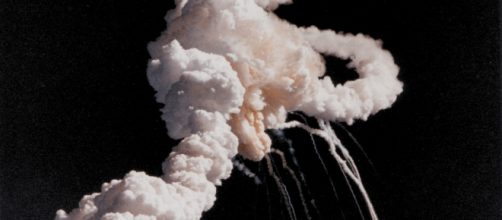Poor judgment caused the Challenger to explode seconds after its launch, a tired pilot may have been a factor in the crash of a passenger plane, and fatigued crew members played a significant role in a train wreck in Michigan. These famous disasters all have something in common – all of them were caused by Sleep Deprivation.
Some people might take sleeping for granted, however, the right amount of sleep plays a very important role in most professions, especially if that profession concerns other people, just like the examples given above. With that in mind, here are the three famous disasters that were related to sleep deprivation as shared by Listverse.
The Challenger tragedy
According to an article by the National Center for Biotechnology Information, a Lack Of Sleep has been determined to be one of the factors that contributed to the Challenger explosion.
Due to the lack of sleep by some of the crew, who were on duty on the day of the launch since 1:00 a.m. and only had a few hours of sleep the night before, they made crucial errors that ultimately resulted in the explosion.
The Challenger shuttle, with seven people onboard, launched on January 28, 1986, and exploded less than two minutes later that killed all seven of its passengers.
The crash of American Airlines Flight 1420
The Flight 1420 took off on June 1, 1999, bound for Little Rock Airport.
During the flight, crew members received a warning that they were headed into a severe storm.
According to Listverse, the pilots of the plane decided to hasten their approach to Little Rock in an attempt to avoid the storm. However, the plane overshot the runway and crashed, killing ten passengers and the plane’s captain.
Although the crash was primarily caused by the bad weather, the National Transportation Safety Board stated that fatigue from the crew also played a role in the tragedy and affected their decision-making.
Train crash in Michigan
On November 15, 2001, two freight trains collided with each other around Clarkston, Michigan after the southbound train didn’t notice the stop signals which indicated that another train was approaching.
The engineer and conductor of the northbound train were killed, while the crew of the southbound train was hospitalized.
Apparently, the engineer and the conductor of the southbound train had sleep apnea and failed to inform their employer. According to the NTSB, their illness may have caused the accident. The trains carried around 3,000 gallons of diesel fuel splashed onto the tracks after the wreck.


